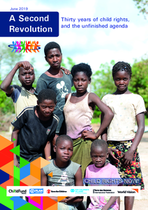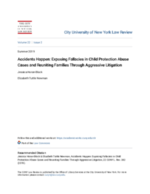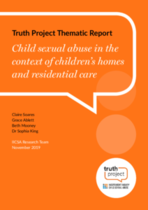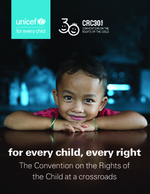Sierra Leone: Act No. 7 of 2007, The Child Rights Act, 2007
The Child Rights Act of 2007 provides for the promotion of the rights of the child compatible with the Convention on the Rights of the Child, adopted by the General Assembly of the United Nations on 20th November, 1989, and its Optional Protocol of 8th September, 2000, and the African Charter on the Rights and Welfare of the Child, and for other related matters.





